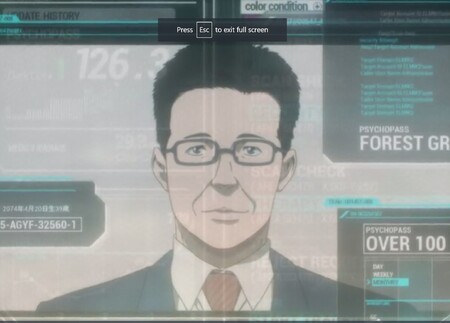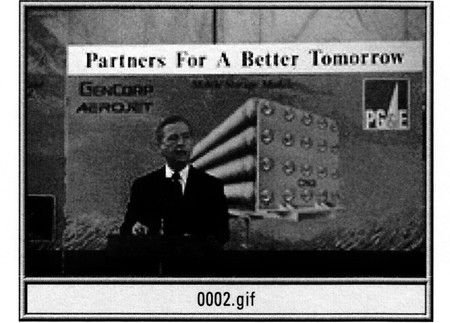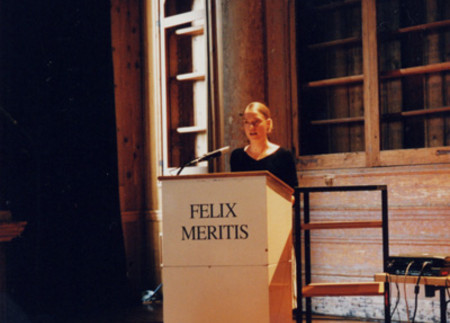Foucault was known for tracing the development of Western civilization, particularly in its attitudes towards sexuality, madness, illness, and knowledge. His late works insisted that forms of discourse and institutional practices are implicated in the exercise of power. His works can be read as a new interpretation of power placing emphasis on what happens or is done and not on human agency--that is, he sought to explore the conditions that give rise to forms of discourse and knowledge. Foucault was particularly concerned with the rise of the modern stress on human self-consciousness and the image of the human as maker of history. He argued that the 20th century is marked by "the disappearance of man" because history is now seen as the product of objective forces and power relations limiting the need to make the human the focus of historical causation.
Throughout his studies Foucault developed and used what he called an "archeological method." This approach to history tries to uncover strata of relations and traces of culture in order to reconstruct the civilization in question. Foucault assumed that there were characteristic mechanisms throughout historical events, and therefore he developed his analysis by drawing on seemingly random sources. This gives Foucault's work an eclecticism rarely seen in modern historiography. His concern, however, was to isolate the defining characteristics of a period. In the Order of Things (1971) he claimed that "in any given culture and at any given moment there is only one episteme (system of knowledge) that defines the conditions of the possibility of all knowledge." The archeological method seeks to "dig up and display the archeological form or forms which would be common to all mental activity." These forms can then be traced throughout a culture and warrant the eclectic use of historical materials.
source: bookrags.com







